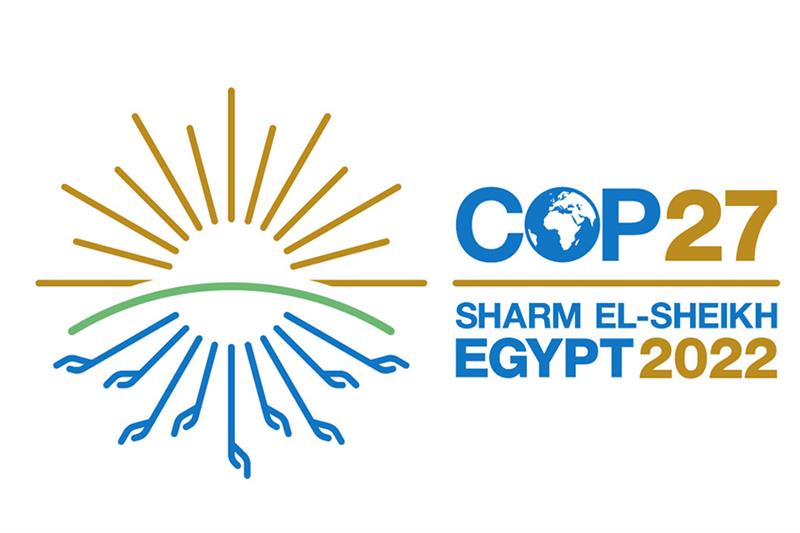
The logo of 27th UN Climate Change Conference that will be held in Egypt in November. (Photo courtesy of Egyptian Foreign Ministry)
What is COP?
The COP is the supreme decision-making body of the United Nations Convention on Climate Change (UNFCCC) and it assesses progress on combating climate change. All states party to the convention are represented at the COP, at which they review the implementation of the convention and any other legal instruments that the COP adopts and take decisions necessary to promote the effective implementation of the convention's outcomes, including institutional and administrative arrangements.
The first COP meeting was held in Berlin, Germany, in March 1995. The COP meets in Bonn, the seat of the secretariat, unless a party offers to host the session.
Just as the COP Presidency rotates among the five recognised UN regions – which are Africa, Asia, Latin America, and the Caribbean, Central and Eastern Europe and Western Europe and others, there is a tendency for the venue of the COP to also shift among these groups, according to the UNFCCC.
The latest edition of the conference, COP26, was hosted by the UK in partnership with Italy, and took place in Glasgow from 31 October to 12 November 2021.
The annual conference usually witnesses the attendance of representatives of more than 200 countries, business leaders, NGOs, intergovernmental organisations, and religious leaders as well as thousands of media personnel.
What is the Bureau of the COP?
Rule 22.1 of the draft Rules of Procedure (FCCC/CP/1996/2) of the COP being applied provides for a bureau, comprised of a president, seven vice presidents, the chairs of the subsidiary bodies established by articles 9 and 10 of the convention, and a rapporteur.
During each COP, the bureau leads the work of governments, acting as a focal point. It takes the lead on issues that need follow-up post-COP and is in charge of preparing forthcoming COP meetings.
The bureau is traditionally responsible for advising the president and taking decisions with regard to the overall management of the intergovernmental process. It has overall responsibility for questions of process. Bureau members often consult with their regional groups on issues. The bureau is not a forum for political negotiations.
It is mainly responsible for questions of process management. Moreover, it assists the president in the performance of his or her duties by providing advice and helping with various tasks (e.g. members undertake consultations on behalf of the president). The bureau is also responsible for examining the credentials of parties, reviewing the list of IGOs and NGOs seeking accreditation, and submitting a report thereon to the conference.
The secretariat often seeks advice and guidance from the bureau on relevant matters.
Short link: